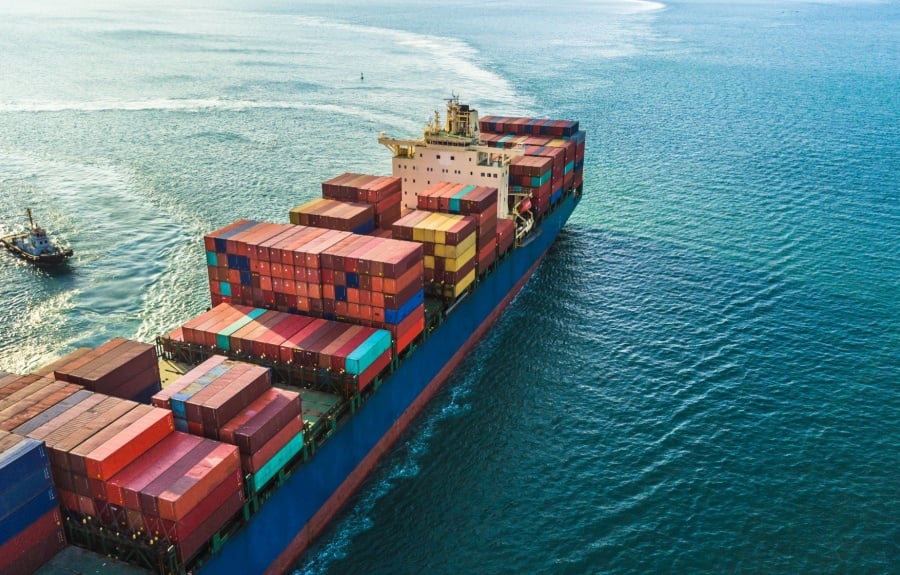The UK Government has launched a consultation on its planned introduction of an emissions-based carbon border adjustment mechanism (UK CBAM) for imports.
Plans for the UK scheme, which is set to come into force from January 2027, were initially announced in December last year. Documents published this week provide details of the proposed legislation, clarifying differences with the EU CBAM launched in October last year.Interested parties, including importers of iron and steel products, can share their views on the UK CBAM proposal until June 13, 2024.
CBAM’s ‘additional burden’
MEPS market analyst Jonathon Carruthers-Green said: “As we saw when the EU recently introduced similar measures, the iron and steel sector will make up the largest share of products affected by the UK CBAM scheme. This places additional administrative and financial burdens on importers of these products.
“The consultation scheme is designed so that importers can provide feedback and insights into the implementation of the scheme. They would be well advised to make their views on these issues known to help shape the scheme's final structure and hopefully mitigate some of the anticipated challenges.”
The UK CBAM scheme aims to place a carbon price on some of the most emissions-intensive industrial goods imported to the UK. This will initially cover aluminium, cement, ceramics, fertiliser, glass, hydrogen, and iron and steel products.
The scheme is designed to work alongside existing limits to carbon emissions produced in the UK, which are currently governed by the UK Emissions Trading Scheme (UK ETS).
The UK ETS operates on a “cap and trade” principle and places a price on greenhouse gases emitted by domestic producers. This additional cost gives an incentive to UK companies to move carbon-intensive production abroad, to take advantage of lower standards. This is known as “carbon leakage”.
Avoiding carbon leakage
The UK CBAM scheme will extend the “polluter pays” principle to emissions produced outside of the country, by placing a border tariff on goods as they enter the country. This will be calculated based on the quantity of goods imported and the amount of emissions emitted during their production.
Among the imported goods that will be subject to duties under the proposed UK CBAM scheme are products from highly polluting sectors where carbon leakage is most likely to occur.
In future, these regulations will likely be extended to other industries as the UK moves closer to its goal of reaching net-zero emissions by 2050.
The UK CBAM scheme will differ from the European Commission's implementation by targeting glass and ceramic products. Conversely, electricity has been removed from the list of goods covered by the UK CBAM scheme.
The UK government has set up a survey form to record responses to the consultation. This can be accessed until June 13, 2024.
